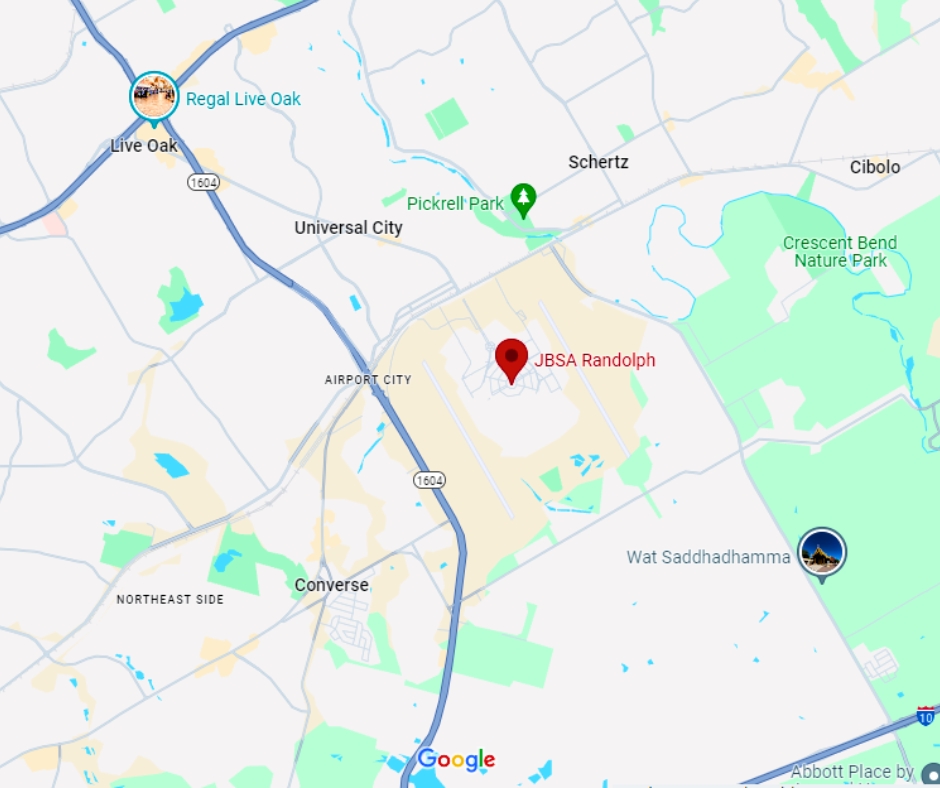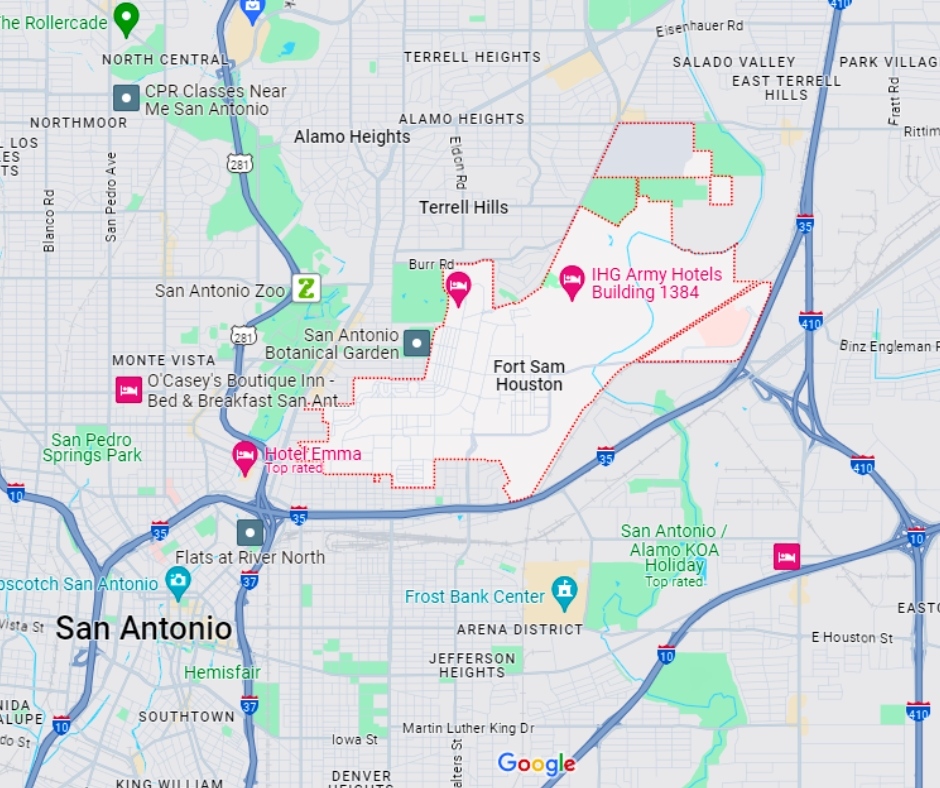Proactively prepare for your upcoming PCS move
With the personal property peak season of May through August upon us, people are encouraged to proactively plan their moves. There are a few tips that can help ease the process and allow for a better overall permanent change of station, or PCS, experience.
The best-one stop source for personal property, or PPTY, information is http://www.move.mil. This website provides a plethora of links to guide you through your PPTY move. Key links include:
- Customer Bill of Rights
- It’s Your Move pamphlet
- Weight allowances
- Inconvenience claims information
JBSA-Fort Sam Houston, JBSA-Lackland and JBSA-Randolph customers who self-counsel utilizing the Defense Personal Property System, or DPS, are reminded to print, sign, and date the Application for Shipment and/or Storage (Department of Defense Form 1299) and Personal Property Counseling Checklist (DD Form 1797).
These forms, along with a complete set of orders, are required to complete the actions needed to finalize the self-counseling process. Your application cannot be processed until these supporting documents are received by the local Personal Property Processing Office, or PPPO, for processing to book your requested move dates.
To optimize your date selection, ensure you make contact with your local PPPO at least three weeks prior to your request pickup dates.
Depending on branch of service, some military members will be required to have a face-to-face counseling with a PPPO counselor. This usually applies if this is your first or last personal property move, such as for retirement or separation. This face-to-face counseling should provide you a better understanding of your entitlements and is extremely important for retirees and those separating.
DPS gives the option to upload orders and signed documents (DD Form 1299 and DD Form 1797), and the member must contact requested PPPO to process the shipment. These forms will not be automatically forwarded for booking. Individuals are requested to hand carry signed documents and a complete set of orders to their local PPPO.
Once all documents have been received, the PPPO will validate your request/documentation and submit the request to a Joint Personal Property Shipping Office, or JPPSO, or Personal Property Shipping Office, or PPSO, for booking.
It is important that members understand that their dates are not confirmed/booked until the shipment is awarded to a Transportation Service Provider, or TSP, the TSP contacts them, and the TSP performs a pre-move survey to finalize the actual pack, pick-up, and any necessary adjustments to the required delivery date, or RDD.
The pre-move survey lays the foundation for a successful move. During this time you should validate the required delivery date and if appropriate negotiate a different transit time. Extending the RDD may be appropriate if you will not report to your next duty until well after the set RDD; however, don’t allow the TSP to pressure you into adjusting the RDD
One way to lessen the burden during a PCS is to know your weight entitlement. If you think you will exceed your authorized entitlement, initiate a reweigh request through your local PPPO or via DPS.
Another key to a successful move is declaring your pro-gear in advance; segregate pro-gear prior to the TSPs arrival at your residence and make sure it’s documented correctly on the inventory.
Military members are limited to 2,000 pounds and civilian spouses (when authorized in advance) are authorized up to 500 pounds of pro-gear. Pro-gear includes household goods in a members/employees possession needed for the performance of official duties at the next or a later permanent duty station. Keep in mind there’s a real narrow focus as to what constitutes pro-gear. For example, personal computers or peripheral devices, memorabilia including awards, plaques or farewell gifts do not qualify as pro-gear.
Another key to a successful relocation experience is maintaining flexibility on the pick-up date you select for your property.
During peak-season, it’s recommended people select off-peak pick-up days. Off-peak days are defined as Tuesday through Thursday and the first two weeks of the month. Also, never schedule multiple deliveries/pick-ups for the same day and never schedule a pick-up on the last day of your lease or on the day you are closing on a home.
A conflict that causes you to be unavailable during the agreed upon pickup or delivery date can – and will – be billed to you.
Accurate inventories cannot be over-stressed. The inventory is the basis for your claim, so we highly recommend customers work closely with their agent to ensure items are documented appropriately on the inventory. If you disagree with the TSPs annotations regarding your personal property, be sure to include your comments on the bottom of the inventory sheet.
There are three different types of claims. Many are already familiar with the claim you make after the move is complete. However, you may not be familiar with claims that involve damage to your residence and/or an inconvenience claim.
The standard claim is the one filed after your delivery is complete. This is accomplished via DPS and negotiated directly with the TSP. Claims that are the result of the TSP damaging your property either at origin or destination, should be addressed immediately with the TSP at the time of occurrence and be sure you annotate the damage on the Notification of Loss or Damage Form, DD Form 1850, DD Form 1851 or DD Form 1840 prior to the TSP’s departure.
Inconvenience claims typically occur when the TSP misses an agreed upon pick-up, delivery or RDD. If you have been inconvenienced due to one of the aforementioned reasons, engage the TSP immediately. These claims are meant to cover out-of-pocket expense driven by date changes and typically include lodging, meals, laundry service, and furniture or appliance rental and purchases of sheets, towels, pots, pans, etc.
Out-of-pocket expenses must be reasonable and relate directly to relieving the hardships related to establishing a household.
The final tip is to complete the customer service survey. Detailed comments are reviewed and negative comments most often result in punitive actions, such as letters of warning and/or suspensions to the responsible TSP.
Be specific when you address a service failure. Don’t just say “this was my worst move ever” without providing details. This is the best way to influence improved service for all customers.
For more information contact the local personal property processing office or traffic management office. At JBSA-Fort Sam Houston, call 210-221-1605; at JBSA-Lackland, call 210-671-2821; and at JBSA-Randolph, call 210-652-1848.
Categories
Recent Posts












